Conrad Veidt - Famous Actor
Born January 22, 1893 in Berlin, Germany
Died April 3, 1943 in Hollywood, Los Angeles, California, USA (heart attack)
Birth Name Hans Walter Conrad Weidt
Nicknames Connie and Conny
King of the Gooseflesh
Height 6' 2½" (1.89 m)
Conrad Veidt attended the Sophiengymnasium (secondary school) in the Schoeneberg district of Berlin, and graduated without a diploma in 1912, last in his class of 13. Conrad liked animals, theater, cinema, fast cars, pastries, thunderstorms, gardening, swimming and golfing. He disliked heights, flying, the number 17, wearing ties, pudding and interviews. of the salary from each of his movies to the British war relief, as well.
While in school Veidt was an indifferent student, showing little interest even in theater or literature. One of his teachers recommended to Veidt's parents that he become an actor.
Among the real people portrayed by Veidt during his German silent and early sound period are Horatio Nelson, Cesare Borgia, Cagliostro, Paginini, Rasputin, and as Gessler in "Wilhelm Tell.".
He enlisted in the Army Service Corps on December 28, 1914 and served on the Eastern Front during WWI near Warsaw. After five months and ill with jaundice, he was sent back to a military hospital in East Prussia.
As he had something strange in his features he was called on for unusual parts. He personified among other things an Indian prince in "Das Rätsel von Bangalor (1917) and also an Indian in "Das indische Grabmal" (1921).
Veidt was active in England in the course of five years when he obtained the English citizenship. During this time was strong involved against Nazi-Germany. His last movie in England was "The Thief of Baghdad" (with Sabu in the leading role) and celebrated a further worldwide success.
Conrad Veidt also directed two movies called "Die Nacht auf Goldenhall" (1919) and "Wahnsinn" (1919), in which he also appeared as an actor.
Goebbels had imposed a "racial questionnaire" in which everyone employed in the German film industry had to declare their "race" to continue to work. When Veidt was filling in the questionnaire, he answered the question about what his Rasse (race) was by writing that he was a Jude (Jew). Veidt was not Jewish, but his wife was Jewish, and Veidt would not renounce the woman he loved. Additionally, Veidt who was opposed to anti-Semitism wanted to show solidarity with the German Jewish community, who were rapidly being stripped of their rights as German citizens in the spring of 1933. As one of Germany's most popular actors, Veidt had already been informed that if he was prepared to divorce his wife and declare his support for the new regime, he could continue to act in Germany. Several other leading actors who had been opposed to the Nazis before 1933 switched allegiances. In answering the questionnaire by stating he was a Jew, Veidt rendered himself unemployable in Germany, but stated this sacrifice was worth it as there was nothing in the world that would compel him to break with his wife. Upon hearing about what Veidt had done, Goebbels remarked that he would never act in Germany again.
England and later the USA became employers and living space in Veidt's last years; drifted out from Germany because of the political circumstances - Veidt was married with Ilona Preger-Bata which belonged to the Jewish faith.
Soon after the Nazi Party took power in Germany, and by March 1933 Joseph Goebbels was purging the film industry of anti-Nazi sympathizers and Jews, and so in 1933, a week after Veidt's marriage to Ilona Prager, a Jewish woman, the couple emigrated to Britain before any action could be taken against either of them.
Veidts first works for theater go back to the year 1913, first appearances in movies go back to the year 1916.
In 1998, his ashes were placed in a niche of the columbarium at the Golders Green Crematorium in north London.
In 1914, Veidt met actress Lucie Mannheim, with whom he began a relationship. In 1915, he was sent to the Eastern Front as a non-commissioned officer and took part in the Battle of Warsaw. He contracted jaundice and pneumonia, and had to be evacuated to a hospital on the Baltic Sea. While recuperating, he received a letter from Mannheim telling him that she had found work at a theatre in Libau. Intrigued, Veidt applied for the theatre as well. As his condition had not improved, the army allowed him to join the theatre so that he could entertain the troops. While performing at the theatre, he ended his relationship with Mannheim. In late 1916, he was re-examined by the Army and deemed unfit for service; he was given a full discharge in January 1917. Veidt returned to Berlin to pursue his acting career.
In 1940 he moved to the USA where he hoped for better film offers. He played together with Joan Crawford in "A woman's face" (1941) and took part in cult movie "Casablanca" (1943), which convened a multitude of emigrated stars of Europe. It was not granted to Conrad Veidt to witness the great success of Casablance. He died on the 3rd April 1943 - during a game of golf - because of a heart failure.
He moved to Hollywood in the late 1920s and made a few films, but the advent of talking pictures and his difficulty with speaking English led him to return to Germany. During this period he lent his expertise to tutoring aspiring performers, one of whom was the later American character actress Lisa Golm.
In 1918 he met director Richard Oswald (1880-1963). From this connection resulted more than 20 films in the next few years, e.g. "Anders als die Anderen" (1919) about homosexuality and "Dürfen wir schweigen?" (1926) about syphilis.
His absolute most popular movie and with it his most impressive part he had in "Das Kabinett des Dr. Caligari" (1919), which went down in history as one of the great cult movies in the German silent movie era. Veidt personified in this film the somnambulist Cesare.
Conrad Veidt married three times: he first married Augusta Holl, a cabaret entertainer known as "Gussy", on 18 June 1918. They divorced four years later. Gussy later married German actor Emil Jannings. Veidt's second wife Felicitas Radke was from an aristocratic German family; they married in 1923. Their daughter, Vera Viola Maria, called Viola, was born on 10 August 1925. He last married Ilona Prager, a Hungarian Jew called Lily, in 1933; they were together until his death.
The part in the remake of "Der Student von Prag" (1926) represented a huge challenge for Conrad Veidt. He did this job brilliantly and he hadn't been afraid of a comparison with Paul Wegener in 1913. At the end of the same year Veidt had first contact with the USA. At the invitation of John Barrymore he shot "The Beloved Rogue - Der Bettelpoet".
When he appeared there in the movie "Jew Süss" (1934) (not to confuse with the German film of 1940 of the same name), the negative voices of the socialistic Germany increased: "Conrad Veidt was payed for this betrayal of his native country - by the praise of the Jewish public. Whit it he is human no longer dignified that not even one finger in Germany moves to his praise." (Völkischer Beobachter 1934).
Personal Quotes (6)
[1920s, to biographer Paul Ickes] What do you want? They'll just say, "He's only a movie actor!"
[about his role in A Woman's Face (1941)] I'm Lucifer in a tuxedo!
It is precisely as if I am possessed by some other spirit when I enter on a new task of acting, as though something within me presses a switch and my own consciousness merges into some other, greater, more vital being.
[on The Cabinet of Dr. Caligari (1920)] No matter what roles I play, I can't get Caligari out of my system.
[on his decision to enter films] One of the producers asked me how much I made a month on the stage. In dollars it would have been about fifty. He offered to pay me that much a day to act on the screen. That's how the movies got me. After I signed the contract, I wondered if I was selling my soul, like Faust. I didn't even know that I would find movies fascinating. Even if they did make a villain out of me.
[on "Caligari"] It was undoubtedly an outstanding milestone in my career. Before this film I had been known only in Germany. "Caligari" introduced me to audiences throughout the Continent. That meant a lot to me.Hans Walter Conrad Veidt (/faɪt/; 22 January 1893 – 3 April 1943)
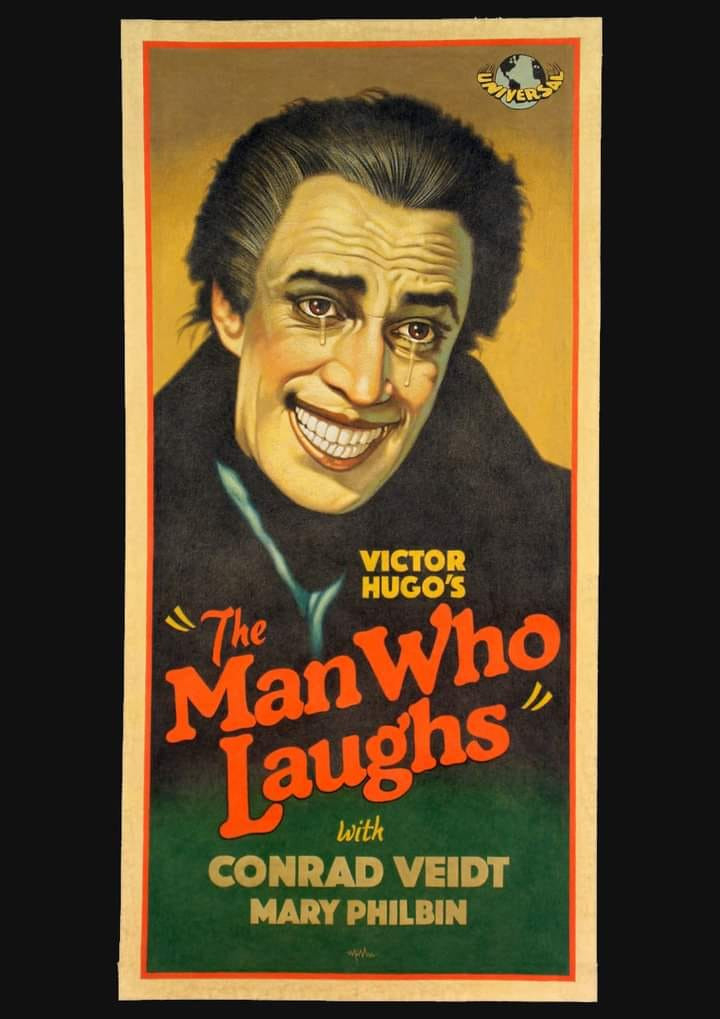
 Amanda S. Stevenson
Amanda S. Stevenson 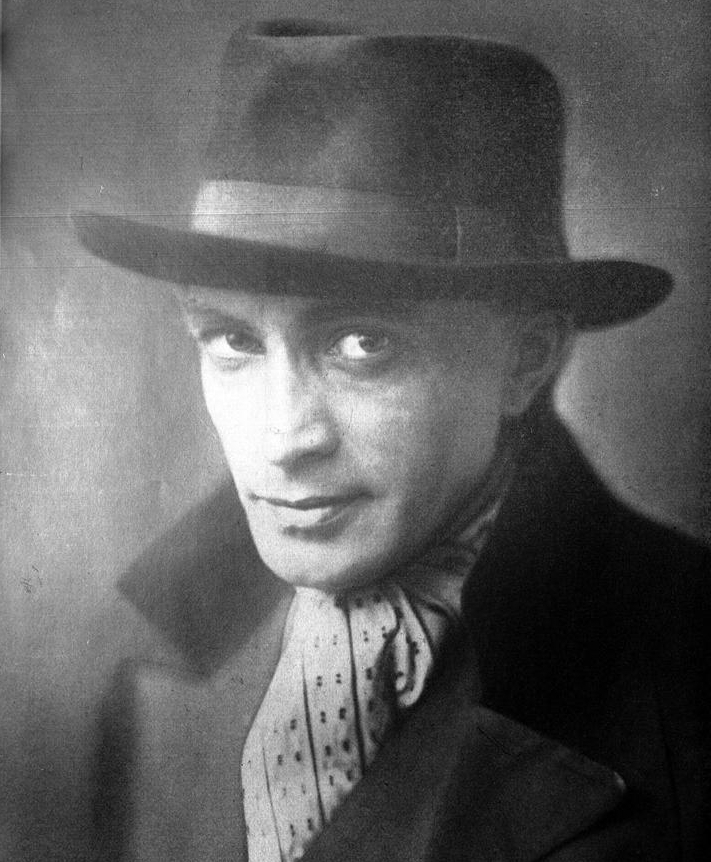
 Amanda S. Stevenson
Amanda S. Stevenson 
 Amanda S. Stevenson
Amanda S. Stevenson 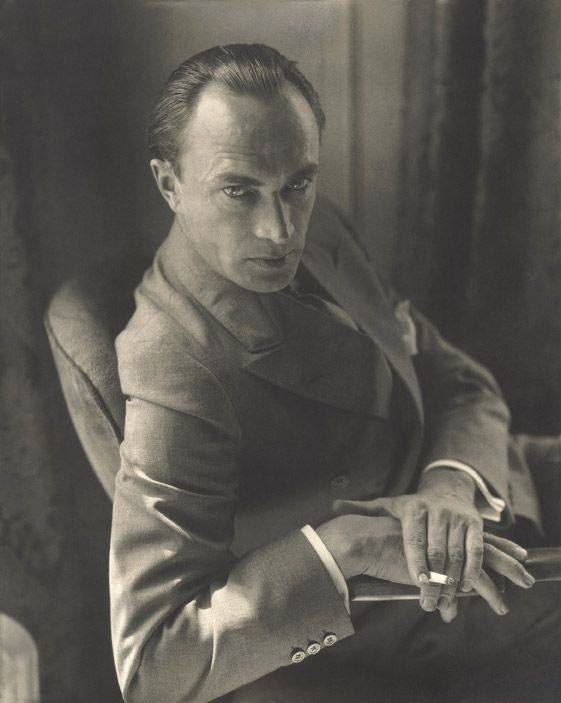
 Amanda S. Stevenson
Amanda S. Stevenson 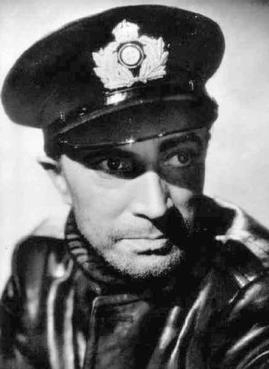
 Amanda S. Stevenson
Amanda S. Stevenson 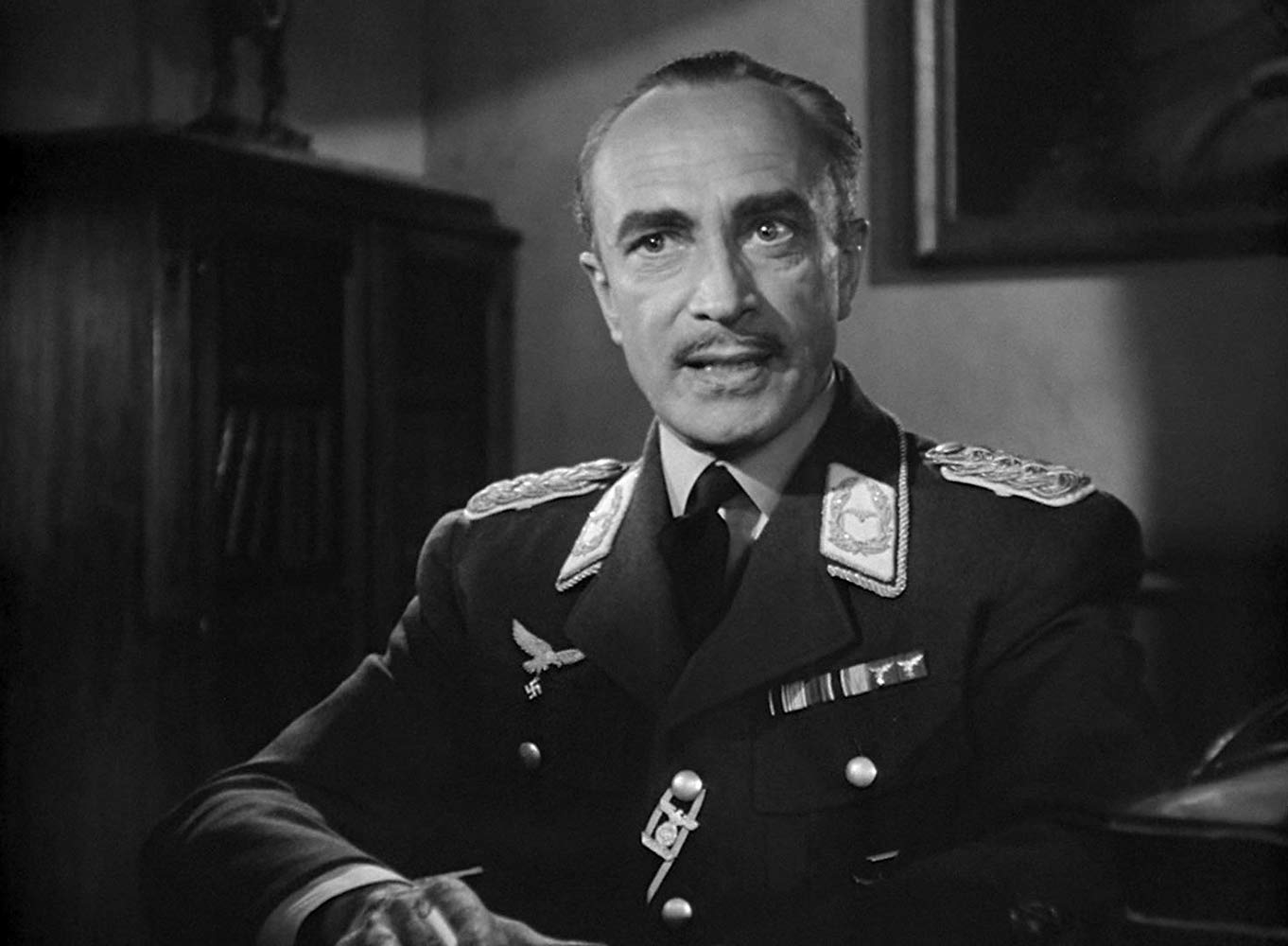
 Amanda S. Stevenson
Amanda S. Stevenson 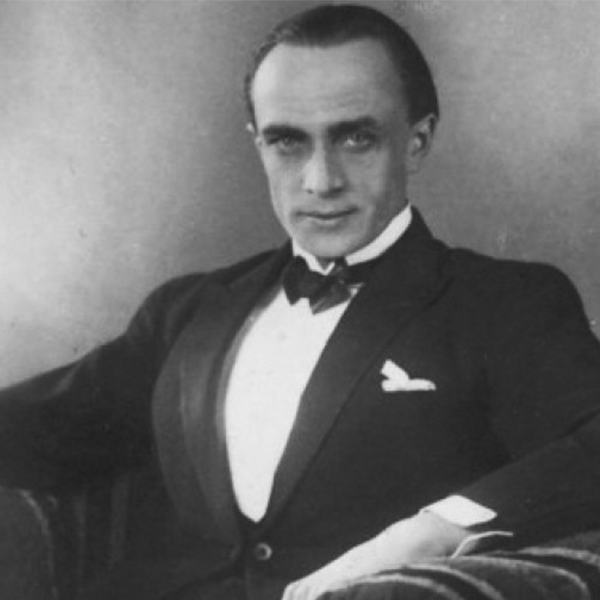
 Amanda S. Stevenson
Amanda S. Stevenson 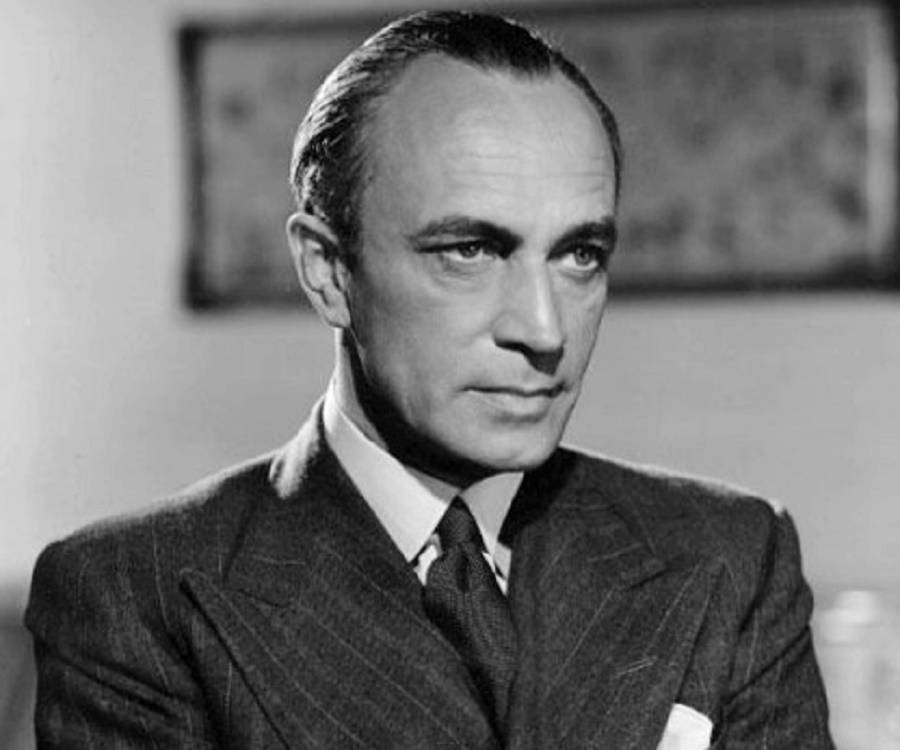
 Amanda S. Stevenson
Amanda S. Stevenson 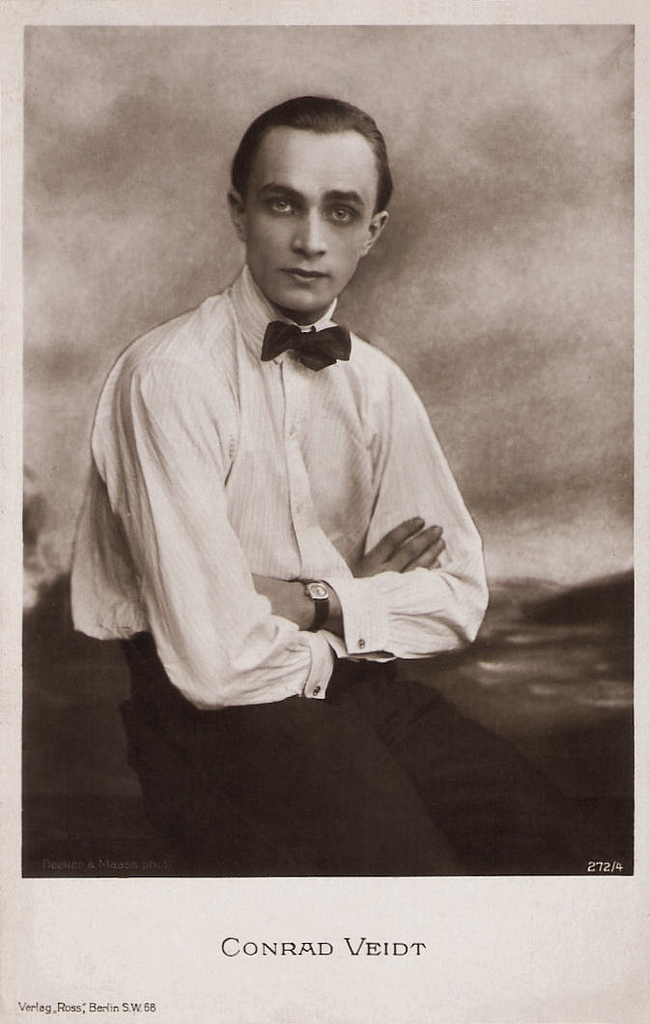
 Amanda S. Stevenson
Amanda S. Stevenson 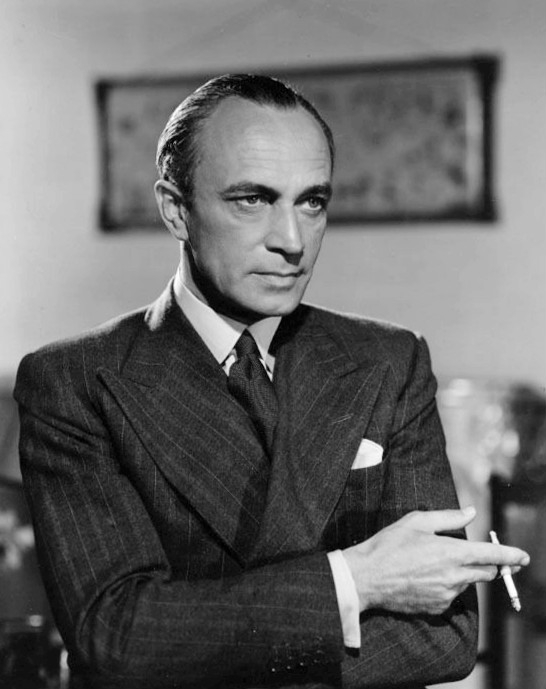
 Amanda S. Stevenson
Amanda S. Stevenson 